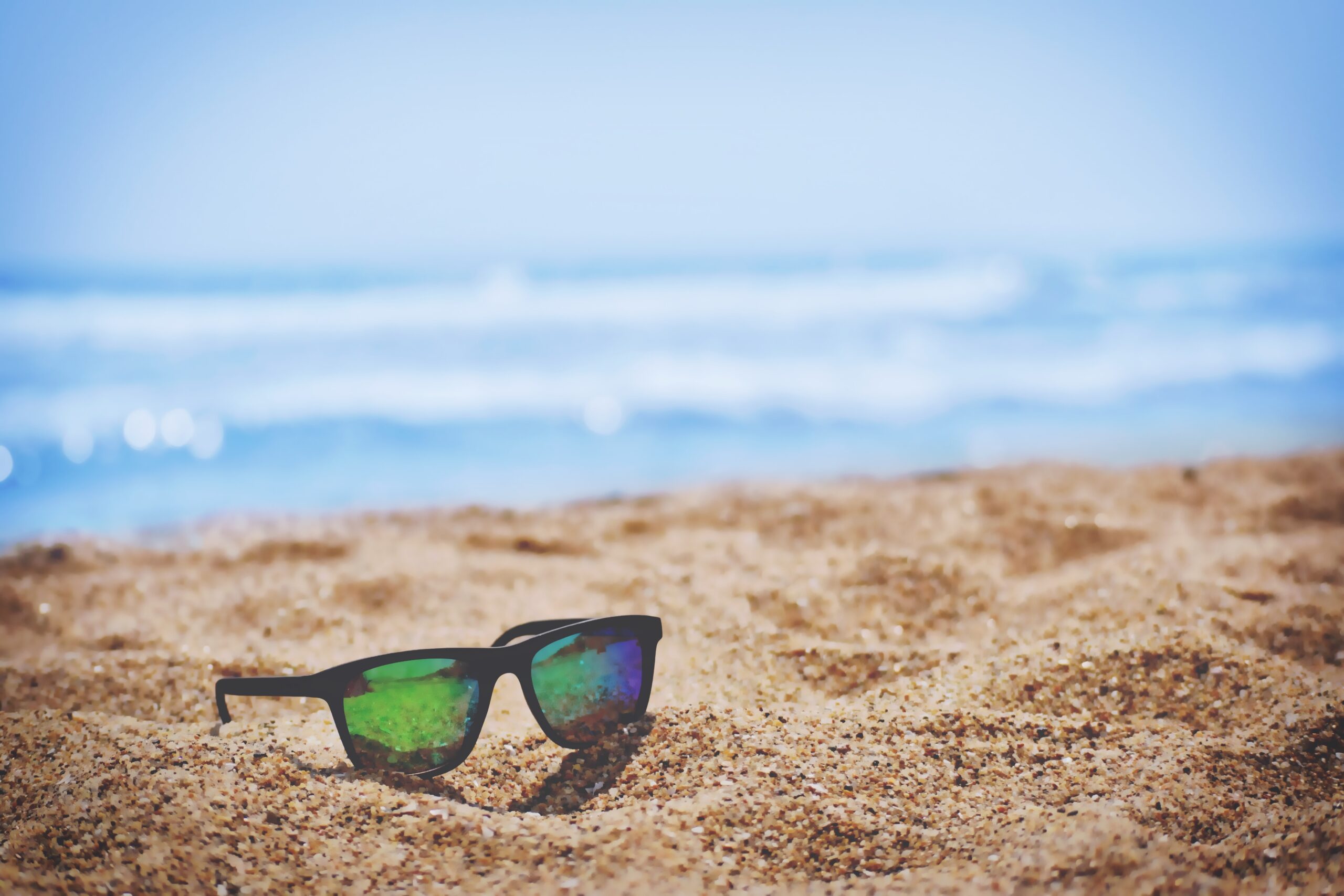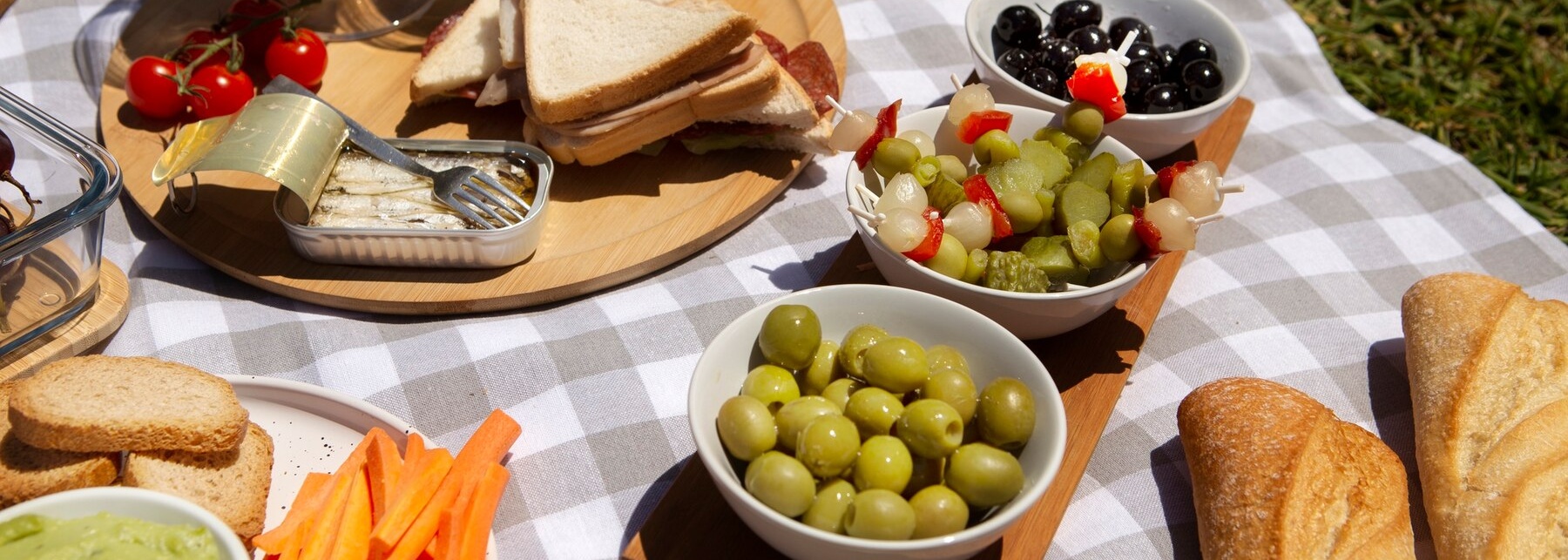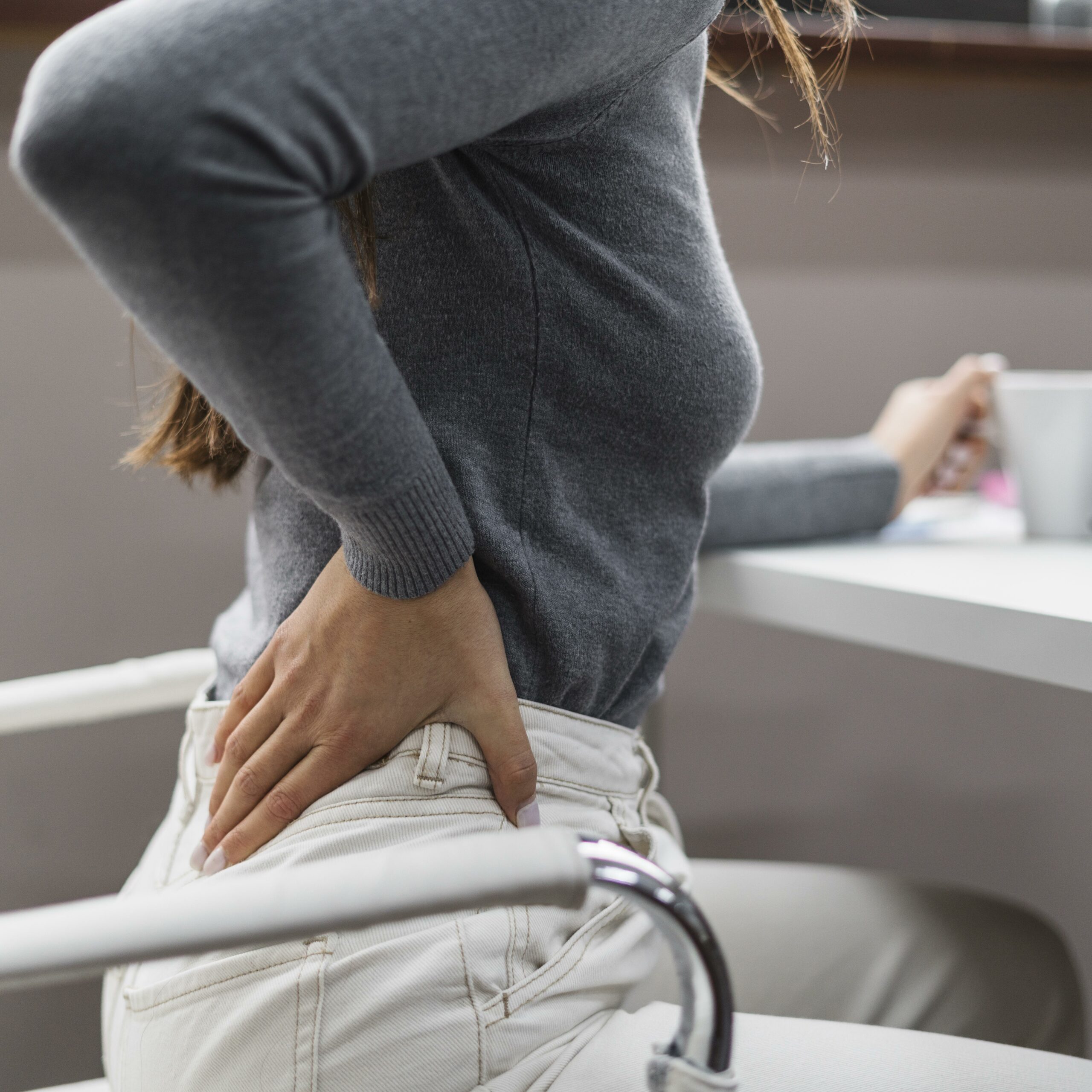Heartburn on holiday
Holidays are a time to relax and treat ourselves.
It’s probably been a long time coming, you’ve worked hard, saved up and now you want to make the most of your time away, be it home or abroad.
The last thing you want on your much anticipated holiday is the extra baggage of heartburn.
But for some of us it can be the unwanted holiday companion that insists on making an appearance.
Whether you find your symptoms are more frequent or worse it can affect the enjoyment of your holiday.
A burning feeling in the chest, an unpleasant sour taste in the mouth, sometimes hiccups, a cough, hoarse voice, feeling bloated and sick and bad breath1 – all the signs of heartburn you’d much rather live without.
It’s caused by acid travelling from the stomach up towards the throat (known as acid reflux) and while most of us get it occasionally, if it happens regularly – up to several times a week3 – it’s known as gastro-oesophageal reflux disease (GORD).
While heartburn is unpleasant, uncomfortable and can be distressing at the best of times, when it occurs on your much anticipated time away it can take on a new level of impact.
Not only can it mean compromising on the things which make holidays enjoyable, it can also give you sleepless nights.
What’s behind holiday heartburn?
There are several reasons why heartburn may occur more often or seem more severe on holiday and in summer generally2 – one of the most obvious being what we eat and drink and the amount we consume.
Of course, we want to make the most of our time away and enjoy all the getaway fare on offer so it can be related to a tendency to over-indulge and eat the things we’d normally limit when at home.
It can be hard to resist all the holiday treats on offer and they’re often the foods that cause heartburn or are linked to making it worse such as fatty and spicy foods.1
Think of all those tempting dining out opportunities and fried or rich, creamy foods that are always found on the holiday menu – ice creams, chips, all you can eat buffets, pastries, pasties not to mention a host of local specialities to try.
We’re also likely to partake in a BBQ or two which again usually involves fatty food such as burgers – even the humble a tomato1, a BBQ salad staple, is another known trigger food can be found in BBQ sauce and obviously ketchup.
Alcohol is another common cause of heartburn and in variably it goes hand in hand with holidays.
Cocktails by the pool, wine, fizz, and beer on tap in the evenings – it’s a heady mix of opportunities for heartburn to strike.
Alongside food and drink, your holiday heartburn could be linked to anxiety around a change in routine4 or the stress of preparation.
It may even be due to sitting down for longer after eating and you may find yourself suffering from it while on a lengthy flight to your holiday destination.4
How can I prevent heartburn on holiday?
There are of course things you can do to lessen the chances of getting heartburn.
If you think you’re likely to suffer from heartburn on your hols here’s a couple of preparation tips4:
- Knowing your food and drink triggers – which can also include chocolate, fizzy drinks, coffee and acidic food such as citrus fruits – can help you to keep them to a minimum or avoid them altogether. If you’re not sure what your triggers are, try keeping a food diary for a couple of weeks ahead of your holiday to help you work them out.
- Speak to your GP or pharmacist about a heartburn remedy which prevents symptoms as opposed to one which treats them when they occur.
Generally, there are a number of lifestyle changes which can help to prevent or reduce heartburn and acid reflux.1
Alongside pregnancy, being overweight and smoking are linked to causing or making the symptoms worse1 so taking steps to combat these triggers can make a difference when it comes to heartburn and, of course, overall health.


How to relieve heartburn on holiday
For regular sufferers when it comes to food and drink it’s best to keep those triggers to a minimum or avoid them altogether if you can.
There are often tasty alternatives to rich and fatty food.
For example, lean, grilled meat and low-fat salad dressings – for more alternatives check out our Diet and heartburn blog.
Eating smaller more frequent meals can also help as overeating can cause or make heartburn worse.1
Try to avoid eating within three to four hours of going to bed and if you do find heartburn interrupts your sleep, raise the head end of your bed 10-20cm so your chest is above waist level. This helps to stop acid from travelling up towards the throat.
Alcohol is thought to make your stomach produce more acid and can relax the muscular ring which joins the stomach to the oesophagus to stop the acid leaking through.5
While it may be hard to resist on holiday, if alcohol is one of your heartburn triggers it’s best to keep it to a minimum or cut it out completely.
Time to relax!
Holidays are a great opportunity to get away from it all and leave day-to-day worries behind which can be a good thing for those suffering from stress or anxiety related heartburn.
Stress and anxiety can both trigger acid reflux1 so make the most of your relaxation time.
Exercise is great for both physical and mental wellbeing and on holiday you’ll probably end up being physically active without even realising!
A swim in the pool or sea, sightseeing walks, cycling along the coast or up a mountain – many of the things we love to do on our vacation or staycation trips which have all-round health benefits for body and mind.
You can find out more about stress and anxiety related heartburn and ways to tackle it in our blog.

Further help
If lifestyle changes aren’t helping to relieve or prevent your heartburn and you have symptoms most days for three weeks or more – speak to your GP who can provide stronger treatments.1
A heartburn remedy such as omeprazole, which is the main ingredient in Pyrocalm Control 20mg Gastro-Resistant Tablets, is a widely used treatment for heartburn and acid reflux and can be taken by adults, including pregnant and breastfeeding women.6
Omeprazole is a medicine known as a Proton Pump Inhibitor (PPI) which works to reduce the amount of acid your stomach makes by interrupting the acid production process.7
This helps to reduce the pain or discomfort in the chest or stomach and so allows the body to reduce any inflammation caused by stomach acid leaking into the oesophagus.7
Pyrocalm Control is available to buy over-the-counter – find out more here.
Pyrocalm Control 20mg Gastro-Resistant Tablets (omeprazole) are used in adults for the short-term treatment of reflux symptoms (e.g. heartburn, acid regurgitation, acid reflux). Always read the label.
Medicines can affect the unborn baby. Always talk to your doctor or pharmacist before taking any medicine in pregnancy.
References:
1 https://www.nhs.uk/conditions/heartburn-and-acid-reflux/
2 https://www.healio.com/news/gastroenterology/20180702/summer-is-the-worst-season-for-frequent-heartburn
3 https://www.nhsinform.scot/illnesses-and-conditions/stomach-liver-and-gastrointestinal-tract/gastro-oesophageal-reflux-disease-gord
4 https://www.netdoctor.co.uk/healthy-living/wellbeing/a28627/heartburn-on-holiday/
5 https://drinkwelluk.com/blogs/news/which-wine-is-most-acidic
6 https://www.nhs.uk/medicines/omeprazole/
7 https://www.oxfordshireccg.nhs.uk/professional-resources/documents/clinical-guidelines/gastroenterology/proton-pump-inhibitors-patient-information-leaflet.pdf
Self Care Advice
Pyrocalm Control® 20mg Gastro-Resistant Tablets. For the short-term treatment of reflux symptoms in adults.
Contains 20 mg Omeprazole. Always read the label. Medicines can affect the unborn baby.
Always talk to your doctor or pharmacist before taking any medicine in pregnancy.










